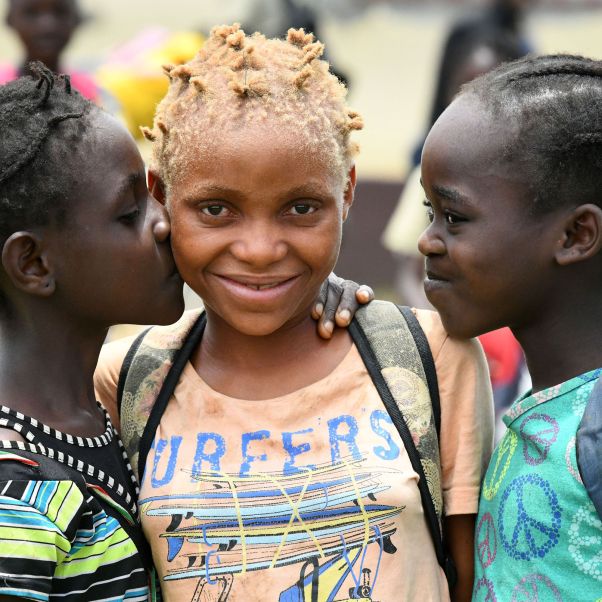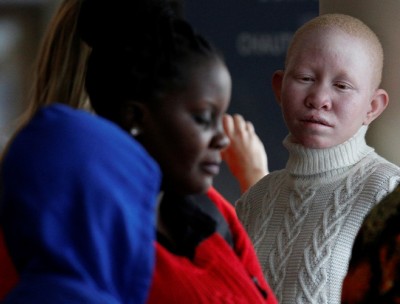
About
Albinism is a rare, non-contagious, genetically inherited condition which occurs worldwide regardless of ethnicity or gender. It most commonly results in the lack of melanin pigment in the hair, skin and eyes (oculocutaneous albinism), causing vulnerability to sun exposure. Albinism is still profoundly misunderstood, socially and medically. In some parts of the world, the physical appearance of persons with albinism has been the basis of erroneous beliefs and myths influenced by superstition, which foster their marginalization and social exclusion.
Persons with albinism are a unique group whose human rights issues have generally gone unnoticed for centuries resulting in them becoming victims of deeply engraved stigma, discrimination and violence across various countries.
Our work
UN Human Rights supports and facilitates the work of the Independent Expert on the enjoyment of human rights by persons with albinism in the preparation of reports, concept notes informing Member States of allegations of human rights violations against them, and other projects within the scope of the mandate.
Current focus
Who else
Independent Expert on the enjoyment of human rights by persons with albinism
The Independent Expert is mandated by the Human Rights Council to undertake a variety of tasks, including working with States, to help end violence and discrimination against persons with albinism.

